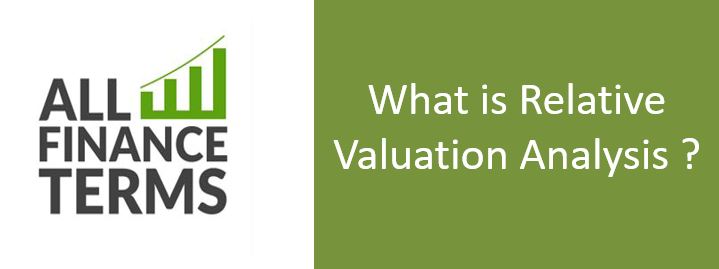Definition of Relative Valuation Analysis
Relative Valuation Analysis is a business valuation technique that analyzes an organization’s value to that of its opponents to find their financial value.
Brief Explanation of Relative Valuation Analysis
It is an alternative to overall value analysis, which tries to figure out an organization’s implicit value based on its approximated future 100 % free money moves reduced to their present value. Like overall value analysis, traders may use relative valuation analysis when identifying whether an organization’s inventory is a good buy. A standard is selected by finding a regular and that regular is used to figure out the relative value. There are many different types of relative valuation percentages, such as price to 100 % free income, business value (EV), operating edge, price to income for property and price-to-sales (P/S) for a retail store. One of the most popular relative valuations many is the price-to-earnings (P/E) rate. It is measured by splitting inventory price by income per share (EPS). An organization with a high P/E rate is trading at a high price per dollar of income than its colleagues and is considered overvalued.


